Norovirus outbreaks occur all year long, but peak in the winter months, which means we are in the middle of norovirus season. But there's still time to protect yourself from the highly infectious bug.
There's no vaccine for the virus that causes one to three days of misery—abdominal pain, vomiting, and diarrhea—in 19–21 million people every year. In some people, though, particularly the elderly and very young, the infection can result in hospitalization and death. About 56,000–71,000 are hospitalized in the US every year, and 570–800 people die of norovirus infections—usually from severe dehydration.
Norovirus is the cause of the majority of infections from contaminated foods, and 70% of the norovirus outbreaks are caused by food handlers infected with the virus. It's especially prevalent on cruise ships, which present the perfect storm of close quarters and active food handlers.
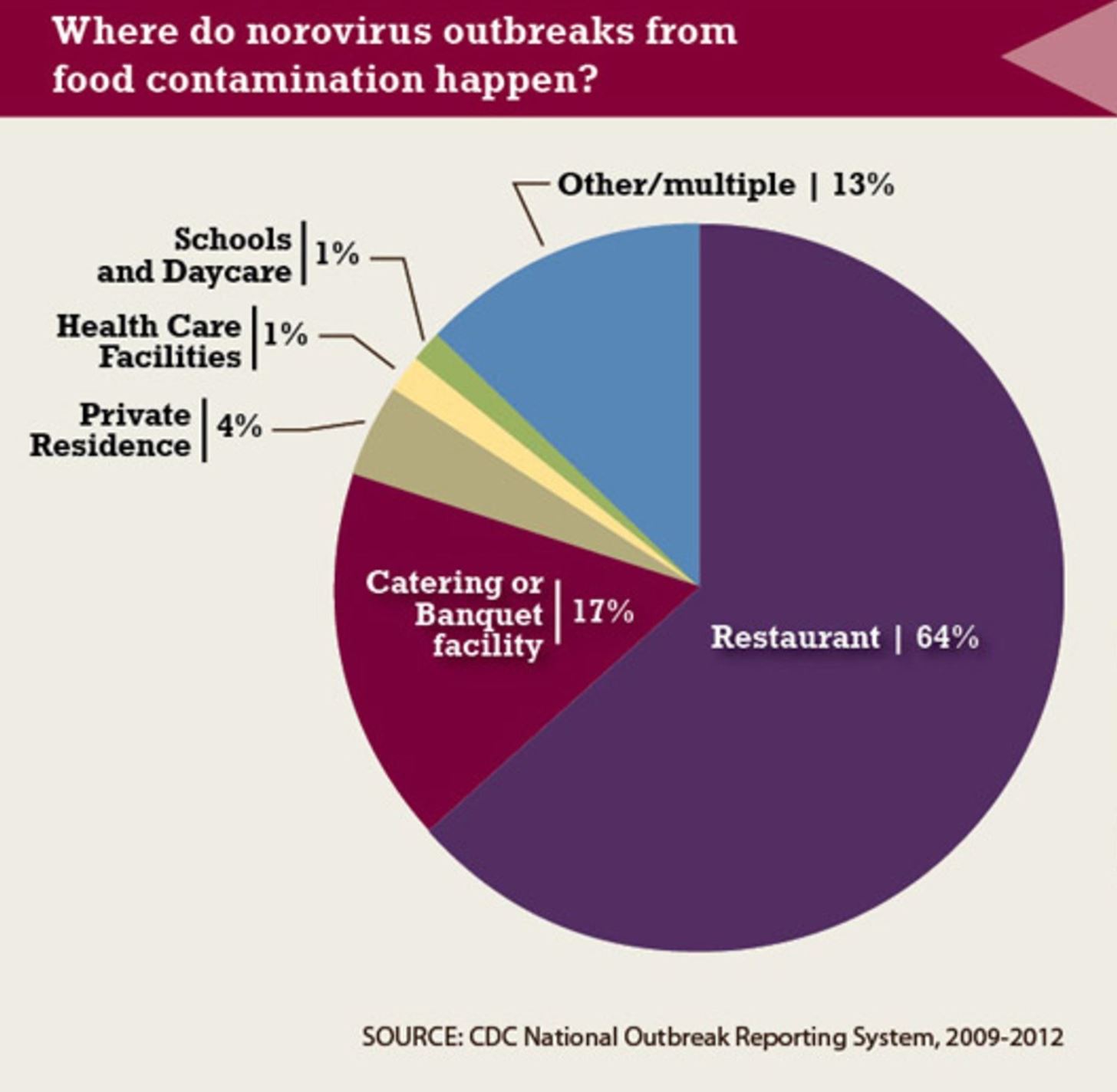
However, the virus has also caused outbreaks from contaminated leafy greens, fresh fruits, and shellfish—particularly oysters. Fruits and vegetables can become contaminated during watering and fertilization processes, and shellfish can ingest norovirus directly from the water they live in.
The virus is shed in the feces and vomit of infected people and is spread to others by contaminated surfaces and hands, where it's picked up by others' hands and ingested. And ingestion of only a few viral particles is enough to make you sick.
Norovirus may even ruin your vacation, as previously mentioned. In 2015, nine different cruise lines experienced outbreaks of norovirus, but these outbreaks only account for about 1% of norovirus infections worldwide.

The Key to Prevention Is Good Hygiene
The Centers for Disease Control and Prevention (CDC) have released some tips for preventing norovirus infections. They deal with ways to prevent acquisition or transmission of the virus from contaminated surfaces and hands.

Norovirus is a pretty tough virus. It can remain infectious on foods even at freezing temperatures and until heated above 140°F. It may remain on countertops and serving utensils for up to two weeks. To prevent it, you need to pay attention to where the virus might lurk.
When cleaning your hands:
- Wash your hands often.
- Use soap and water.
- Alcohol-based hand sanitizers will help, but do not substitute for soap and water.
- Wash for at least 20 seconds.
- Always wash after using the toilet, changing diapers, before eating, and before preparing or handling food.
When preparing food:
- Cook shellfish to 140°F or higher.
- Rinse fruits and vegetables thoroughly.
To clean and disinfect surfaces:
- Use a chlorine bleach solution made by adding 5–25 tablespoons of household bleach per gallon of water.
If You Do Get It...
If you do come down with a norovirus infection, antibiotics won't help curb the symptoms or cure this viral infection. The most important step to aid in your recovery is to stay hydrated. Replacing the fluids lost through vomiting and diarrhea will help your body recover from the infection faster.
Equally important is to try not to share your infection. Norovirus can stay in your stool for two weeks after you feel better.
Clean and disinfect areas such as the bathroom, or any others that might become contaminated by vomit, stool, or infected hands, using the bleach solution mentioned above. Handle soiled clothes and laundry with gloves and wash at the maximum available cycle length, then machine dry.
Do not prepare food for others while you are sick and for at least two days after you feel better. And then keep washing your hands forever. Right now, that's the only way to prevent picking up this nasty virus from contaminated surfaces. Unfortunately, you may still be unlucky enough to get it from a food source.
Just updated your iPhone? You'll find new emoji, enhanced security, podcast transcripts, Apple Cash virtual numbers, and other useful features. There are even new additions hidden within Safari. Find out what's new and changed on your iPhone with the iOS 17.4 update.
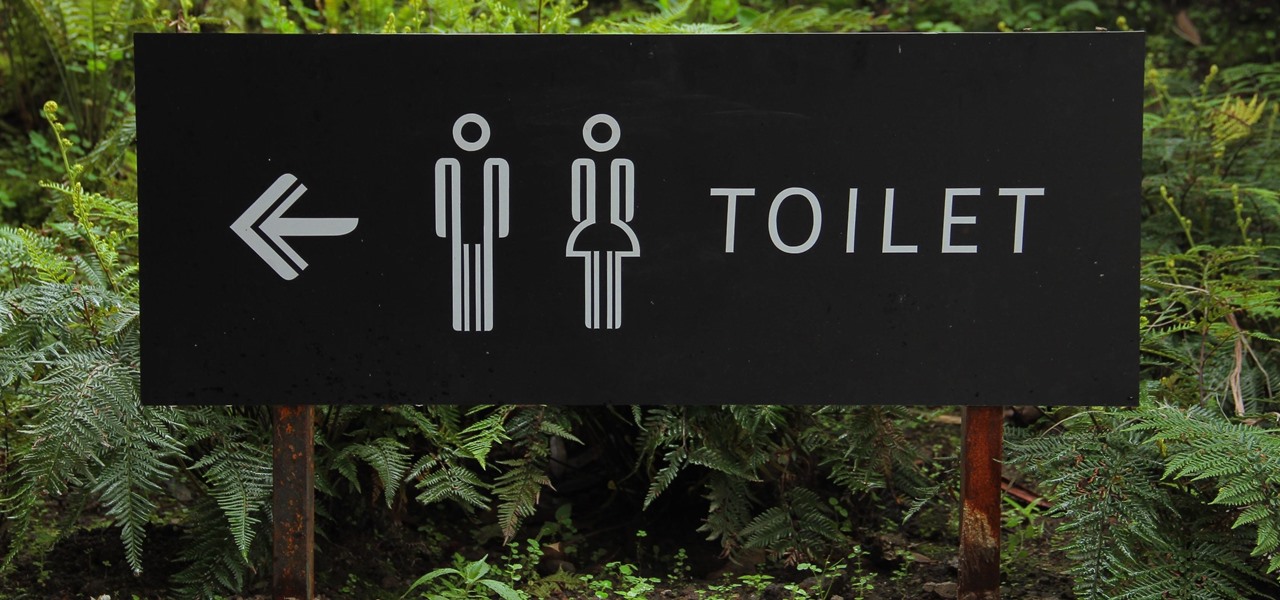


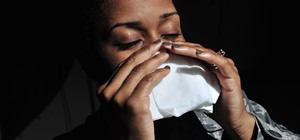






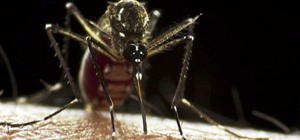
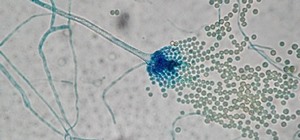
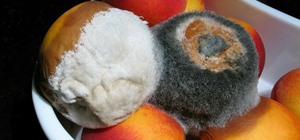





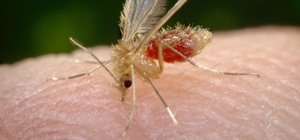
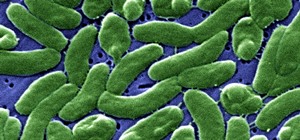



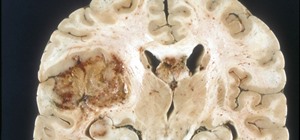

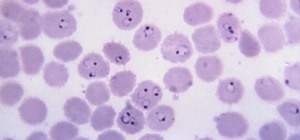


Be the First to Comment
Share Your Thoughts